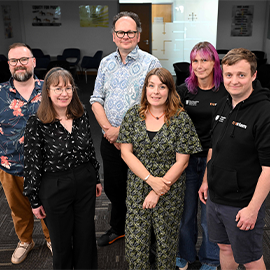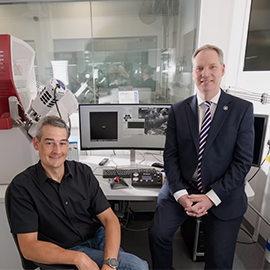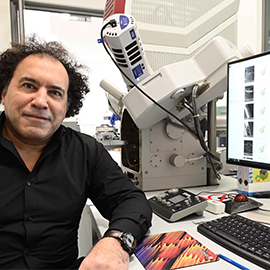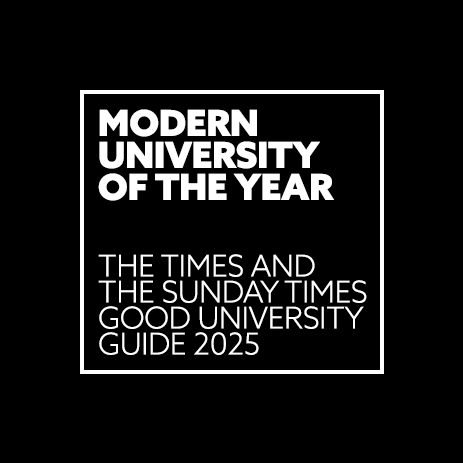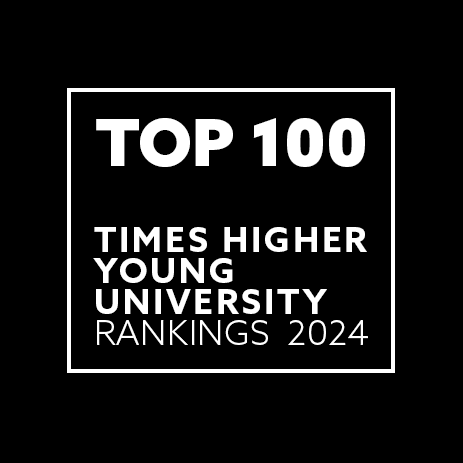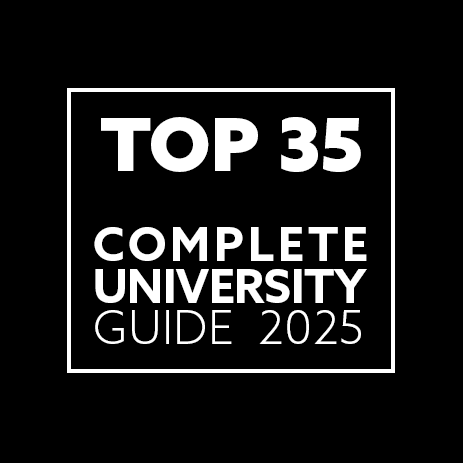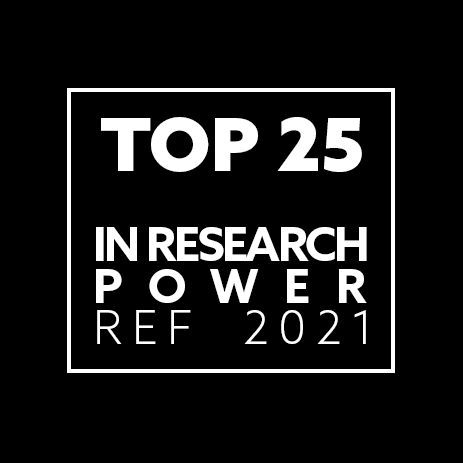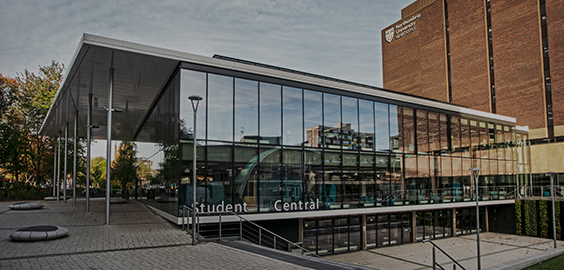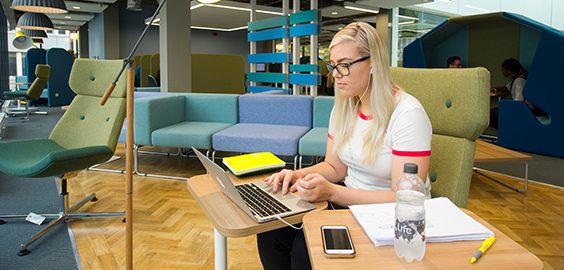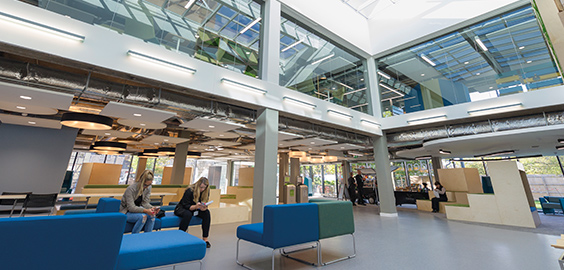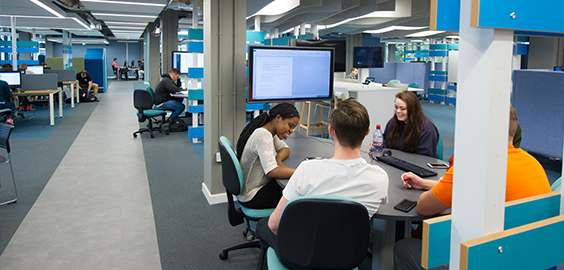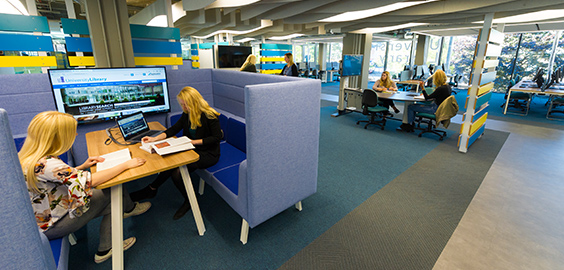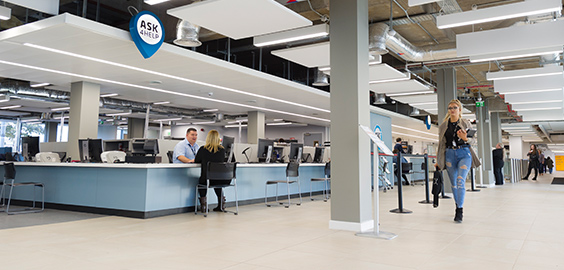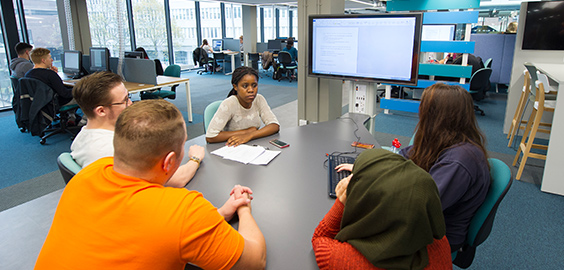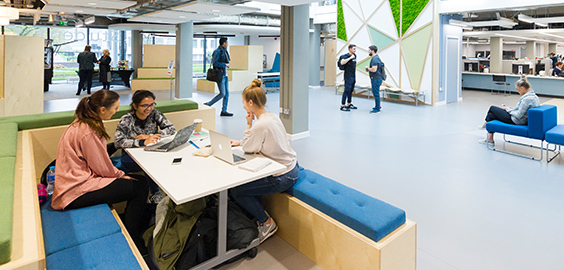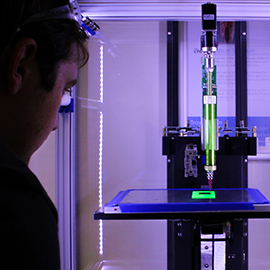What can I move on to after my foundation course?
The Mechanical and Civil Engineering Foundation Year provides the fundamental knowledge and skills, use of tools, techniques and methods which are immediately useful to employers, both in the UK and oversees. Upon successful completion of the foundation year, you will be able to transition smoothly to an undergraduate engineering degree course.
You will develop the knowledge and skills required to meet the needs and practical demands of real-world scenarios. Engineering is a growth industry sector and currently there is a shortage of suitably skilled and qualified engineers. By being able to access, and in due course complete, an engineering degree you’ll gain the credibility that’s needed to take up a well-rewarded and fulfilling career.
Your future employability will be further boosted by your acquisition of the characteristics of a Northumbria graduate. These include critical reflection and self-learning, collaboration and curiosity, and the ability to apply your knowledge to solve problems in ways that are sustainable and ethical.
The primary purpose of the foundation year is to prepare you for further study at undergraduate level. At the same time there will be a wealth of opportunities to develop skills and knowledge that will be immediately useful to employers, both in the UK and in other countries. Your employability will be enhanced through the development of transferable skills like problem-solving, group working, independent learning, effective communication and IT skills.
Throughout your time at Northumbria University our Careers and Employment Service will offer resources and support to help you find roles matching your interests and skills. You’ll be able to access a range of workshops, one-to-one advice, and career networking.
 Option for Placement Year
Option for Placement Year Option for Study Abroad
Option for Study Abroad

